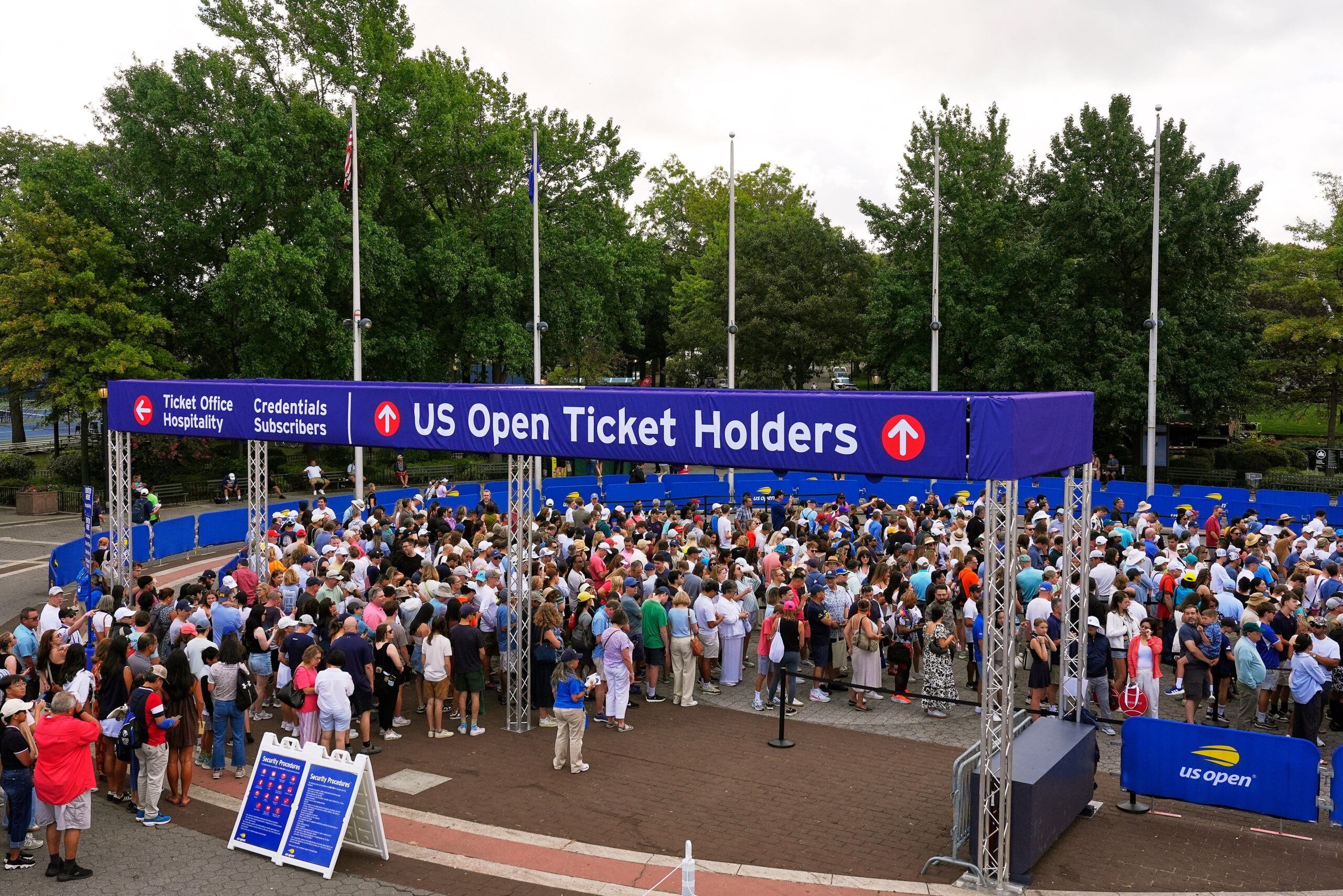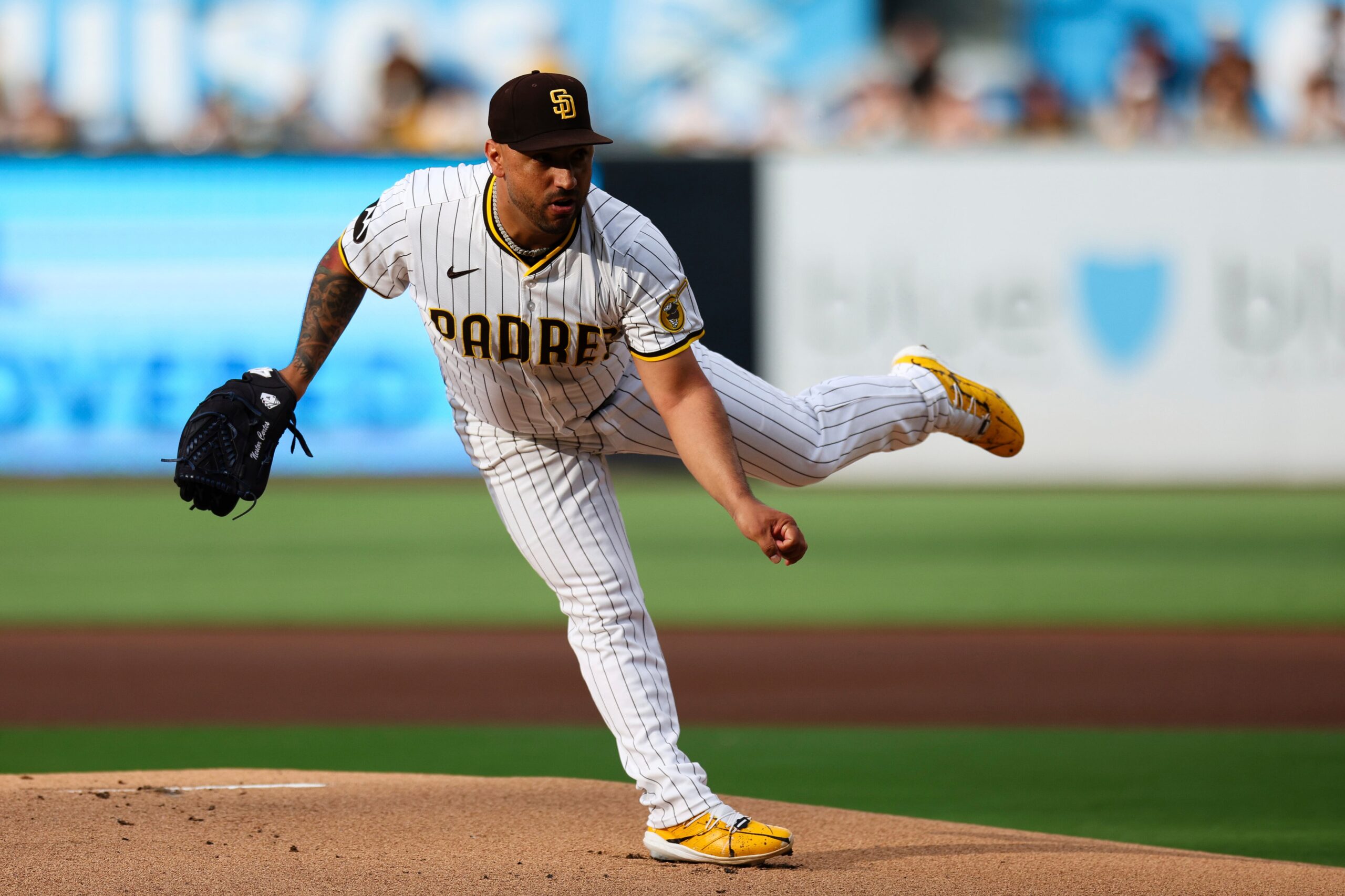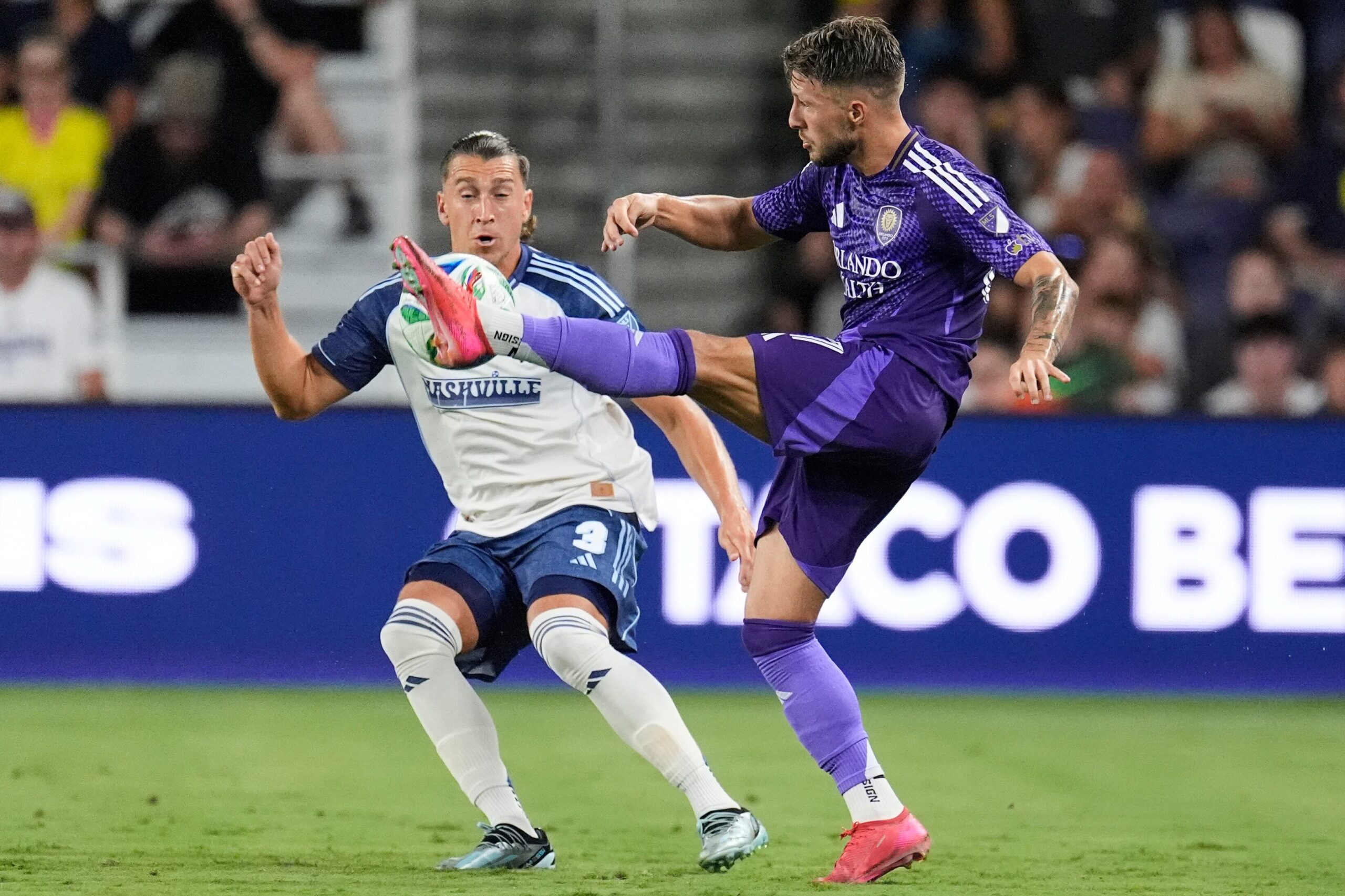NEW YORKWhen the French Open was the first to start a Grand Slam event on a Sunday rather than a Monday over 20 years ago, Roger Federer and Maria Sharapova made it known that they didn’t like the idea. They were scheduled for the new, earlier Day 1.
Even while audiences were assembling on-site Sunday morning before the start of action, not all current players are exactly in favor of the transition now that the trend has reached the U.S. Open this year.
Suggested Videos
Australian Jordan Thompson, who has been rated as high as No. 26 in singles and No. 3 in doubles, remarked, “I hate the Sunday start.” Sunday is not when tournaments begin; rather, it is when they end. I’m rather certain that no player, including myself, would enjoy it.
Unfortunately, as work got underway at Flushing Meadows, where there would now be 15 days of singles action instead of 14, Thompson was set to play Corentin Moutet on Sunday. It’s safe to assume that the decision was made in part because of the increased funding from various sources.
It doesn’t really appeal to me. Why they had to make it even longer is beyond me. This year’s No. 4 seed and 2024 U.S. Open runner-up Jessica Pegula, who was scheduled to play Mayar Sherif in Arthur Ashe Stadium on Sunday night, said, “I understand why they did it—they get to sell tickets for an extra day.” Really, I’m against it. Many of the players, particularly those who play the week before a Slam, weren’t in favor of it, in my opinion. It adds a bit of difficulty and length to everything. I doubt many players desire that.
Pegula used the U.S. Tennis Association’s action, which came after the French Tennis Federation decided to start on Sunday in 2006, and the Australian Open’s decision to follow suit in 2024 as examples of how her sport consistently fails to solicit or consider athlete input. The only major that now begins on Monday is Wimbledon.
According to Pegula, one of 20 players who signed a letter sent to the Grand Slam event organizers in March requesting improved communication, increased player welfare contributions, and a larger revenue share, “They frequently ask for player feedback and when we do (respond), they don’t listen to anything we have to say.” Sometimes players are unaware of how these items are announced.
Additionally, players have been complaining about the new change to extended non-Slam tournaments lasting longer than a week.
Tennis administrators refer to the increased prize money from those longer tournaments and modifications like the extra day, which have corresponded with prize money hikes of up to a record $85 million, including $5 million for each singles champion at the U.S. Open.
In addition to giving more fans the chance to witness the main draw singles tournament live, USTA spokesman Brendan McIntyre stated that adding a 15th day of singles will allow fans worldwide to watch… (on television) on weekend days and nights.
However, some players, like Thompson, Frances Tiafoe, a two-time semifinalist at the U.S. Open, and Matteo Arnaldi of Italy, have stated that it is a mistake to arrange for a player who makes their tournament debut on Sunday and wins to not play again until Wednesday, which would break the Slams’ every-other-day routine.
Tiafoe, an American seeded 17th who plays his first match on Monday, said of the Sunday beginning, “I mean, I get it.” Why not? It’s not a bad thing if you can get the guys out there and make money on a day when we’re all already here (on what used to be a dead day). But a Slam with two days off that early? It’s a bit strange.
___
Since 2002, Howard Fendrich has written about tennis for the AP. http://apnews.com/author/howard-fendrich is where you can find his stories. See also: https://apnews.com/hub/tennis for more AP tennis








